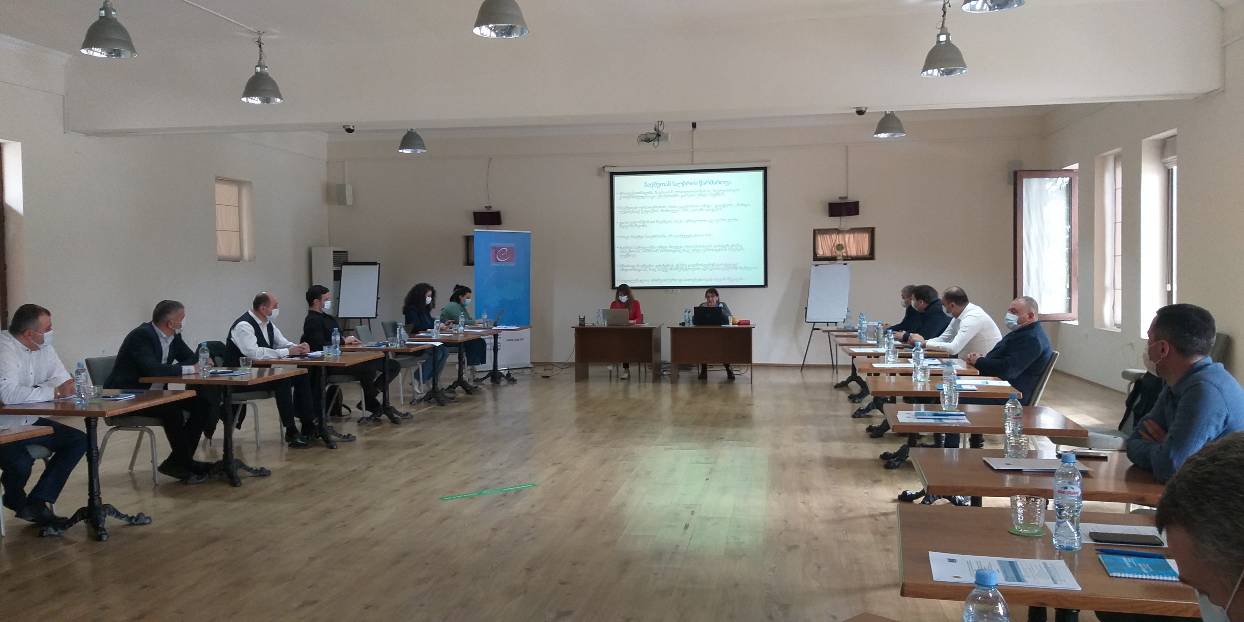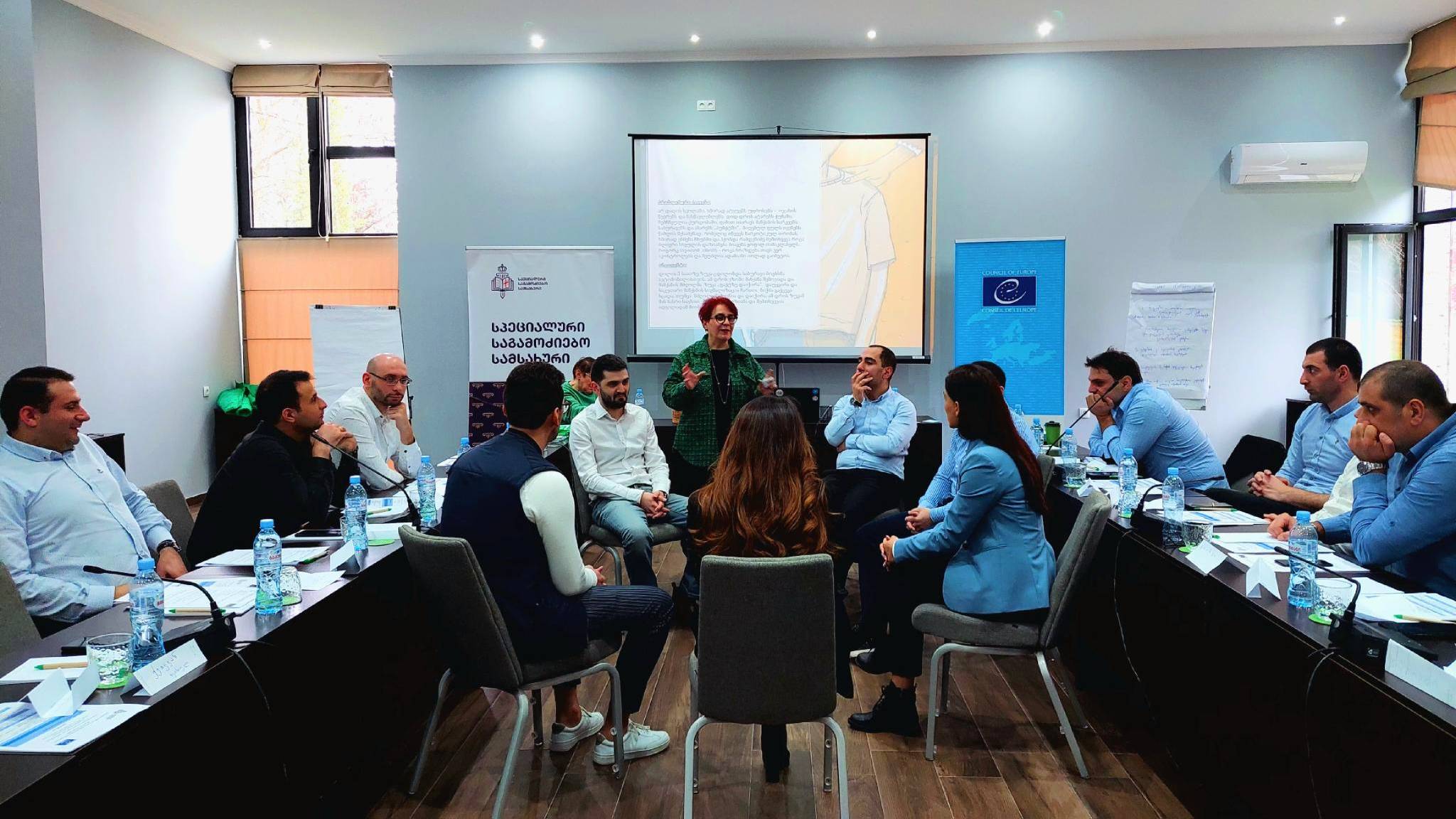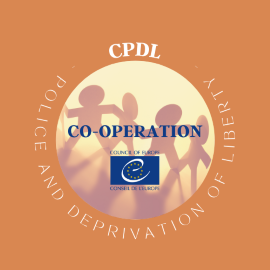On 17-18 March 2022, 20 Heads of regional investigation units of the Georgian Ministry of Internal Affairs (MIA) participated in a 2-day training session on age- and gender-sensitive approaches in communication with perpetrators of sexual violence.
The aim of this capacity raising action was to support the heads of the regional units in guiding case managers and the investigators they supervise in the implementation of human-rights compliant principles to effective communication with victims and offenders of sexual violence. Following this training, participants were equipped with knowledge about relevant psychological aspects and skills to carry out effective investigations which respect a victim-centred approach.
This follows a series of three similar training sessions which were held in November and December 2021 for 56 case managers and investigators.
This activity was organised within the framework of the Council of Europe Project “Human Rights Compliant Policing in Georgia” (HRCPG) which is designed to address the issues related to effective policing in line with human rights standards, the rights of detained persons and their treatment by police, the treatment of juvenile victims and offenders as well as effective investigation into alleged ill-treatment by police and effective remedies against police misconduct.
We work together to promote Human rights, Democracy and Rule of Law.





